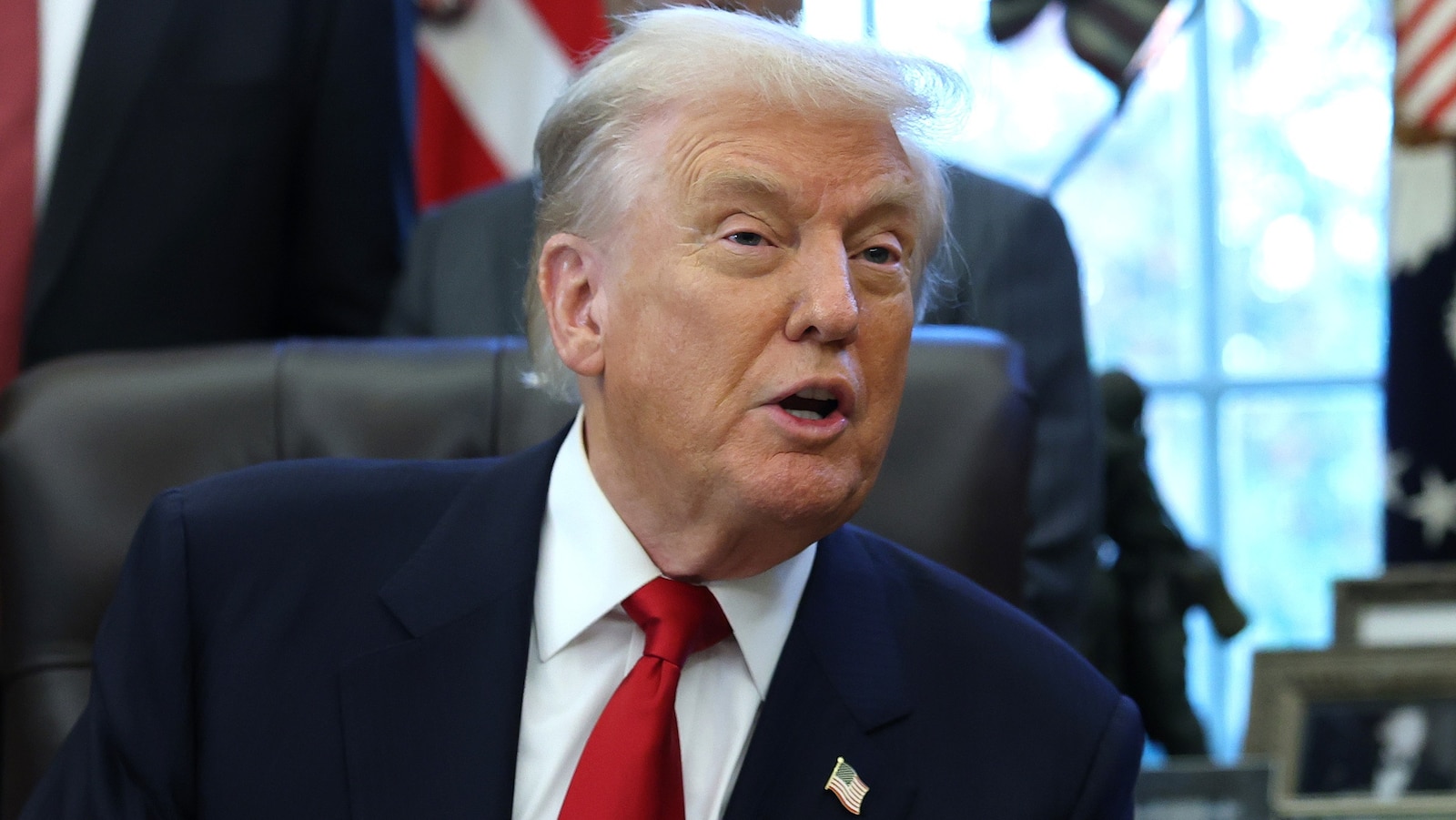
U.S. President Donald Trump has revived a major economic proposal: a $2,000 “tariff rebate” for most Americans, financed by revenue collected from his administration’s aggressive tariff policies. The idea, announced through a series of public statements and social media posts, has quickly become one of the most discussed economic measures of the year—yet also one of the most controversial.
What Trump Is Proposing
Trump says the U.S. government has collected billions of dollars from tariffs imposed on foreign imports. According to him, this money should be redistributed back to the American people in the form of a $2,000 annual payment, which he calls a “tariff dividend.” High-income earners would not qualify, but the majority of households would.
The president argues that the rebate would serve two purposes:
-
Offset higher consumer prices caused by tariff-related cost increases
-
Showcase the financial benefits of his tariff-centric trade strategy
He insists the money comes from foreign countries through tariffs, not from American taxpayers—an argument economists strongly dispute.
How the Rebate Would Work
Although Trump’s proposal has drawn nationwide attention, it is far from becoming law. Congress must pass authorizing legislation, and lawmakers are divided.
Treasury Secretary Scott Bessent has suggested that the tariff rebate could be delivered through:
-
Direct payments (similar to stimulus checks)
-
Targeted tax relief, such as reduced taxes on tips, overtime, or Social Security
-
New deductions, like interest relief for auto loans
The administration claims that these payments could be funded entirely by tariff revenue. However, analysts warn that rebates of this scale could cost hundreds of billions of dollars, far exceeding the tariff income collected so far.
Why Congress Is Skeptical
Reaction on Capitol Hill has been lukewarm—especially among Republicans, traditionally cautious about cash-transfer programs. Many lawmakers argue that:
-
The plan could balloon the national deficit
-
Rebates may fuel inflation during an already sensitive economic period
-
Tariff revenues are not stable enough to support recurring payments
Legal concerns also loom large. The Supreme Court is reviewing whether Trump’s use of broad tariff authority under a 1977 emergency law is constitutional. A ruling against him could undermine the entire foundation of the proposal.
Economic and Political Implications
If implemented, the $2,000 tariff rebate would be one of the most unusual economic policies in modern U.S. history, reframing tariffs not just as a trade weapon but as a source of public income. Supporters say it could strengthen middle-class finances and reduce tax burdens. Critics argue that tariffs already raise prices for American consumers, meaning the rebate simply returns money Americans have indirectly paid.
Politically, the proposal could boost Trump’s appeal among working-class voters by positioning him as the only leader willing to “give back” tariff revenue. Yet without congressional support and clearer legal authority, the future of the rebate remains uncertain.
Watch video below :












